

- Pro Bono
- Community
Report on on-site classes (La Salle Junior & Senior High School)
- Nishimura & Asahi's legal education project
Opportunities and preparations for conducting on-site classes
Nishimura & Asahi facilitates a legal education team with the aim of providing junior and senior high school students with insight into the work of lawyers and legal professionals. Hibiki Kimura, a lawyer and graduate of La Salle Junior & Senior High School (La Salle), approached Shiori Nishimoto, a Japanese language teacher, to express his desire to visit La Salle to provide a general overview of the work of lawyers and legal professionals, as well as to convey the interesting nature of his own work as a lawyer, to students at his former school. After several consultations, Hibiki planned to conduct on-site classes in cooperation with the school. In order to give students the opportunity to experience the process of thinking about legal issues from different perspectives, the team decided to create and use a case study instead of giving a lecture, assigning each student with a role so that they could participate. The case study was carefully prepared after many discussions among the team members, allowing students to experience being a lawyer in a limited time. During the on-site classes, the students were divided into four classes, and a lawyer in charge was assigned to each of the four classes.
To date, Nishimura & Asahi has organized and conducted two on-site classes at La Salle: one in 2022 and one in 2023. (In 2022, 160 third year junior high school students and 240 first year senior high school students participated. In 2023, 160 second year junior high school students and 160 third year junior high school students participated.)
Outline of on-site classes
The case study as prepared by the team required students to think about how to respond to certain issues involving a Japanese chemical manufacturer and a local chemical manufacturer in a developing country that established a Joint Venture (JV) to produce soap locally. The key issue was that child labor was being used on the oil palm plantations of the JV’s business partners. During the activity, students were divided into four roles for negotiations: a chemical manufacturer in Japan, a chemical manufacturer in the developing country, a farmer on a plantation, and a mother of a child working on the plantation. The case study included broad and challenging issues such as the ethics of child labor, whether child labor can be eliminated by terminating partnerships with farmers, possible solutions through contract negotiations, and how to divide issues that should be left to free contract negotiations between the parties and those that require legal intervention.
Before the on-site classes, the team was concerned about the complexity of the issues under discussion for the junior and senior high school students to resolve. However, the students engaged in lively discussions and enjoyed the experience, with some students continuing to enthusiastically discuss the issues during the breaks. Approximately one hour of the 110-minute class time was spent on group discussions.
After school hours, the team held a roundtable open discussion for those who wished to attend (comprised of a smaller group of about 20 students), and spoke with them about a wide range of topics relating to the profession. Whether it was about their reasons for selecting this career path to becoming a lawyer, or how to study for university entrance exams, and their subject choices in the humanities and sciences, the students had a chance to hear first hand accounts from the individual team members.
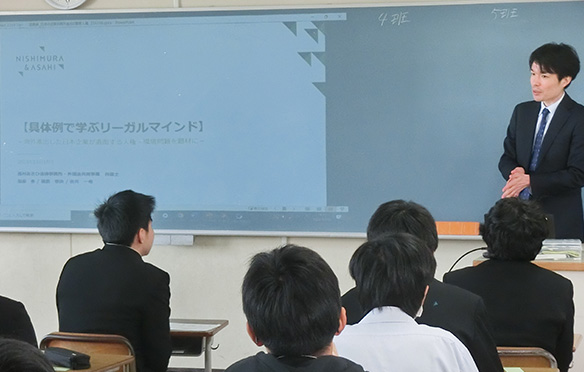
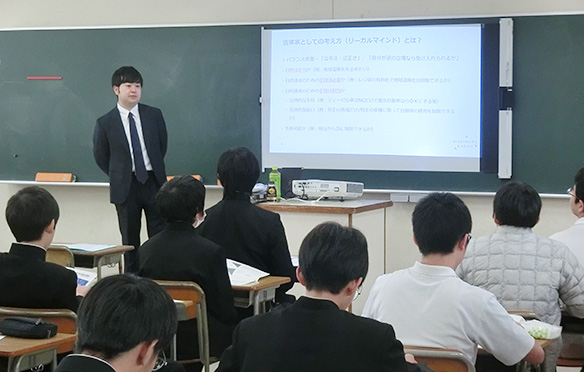
Feedback from the civics teachers and students
The students appeared to enjoy the group activity, and were delighted by the opportunity to learn more about the legal profession. Even for those who said they were not familiar with the legal profession or the field of law, we received positive feedback that it was highly educational and that they gained valuable insight through the activity with all the participants.
Some quotes and feedback are as follows:
- “When negotiations with the other party became difficult as we proceeded with the talks, it was challenging to put together a mutually beneficial solution in a alternative proposal.”
- “It was interesting to see how the world changes when I changed my position. It was also fascinating to talk about who should be the key person to solve the problem and who should be considered the core.”
- “I felt that establishing facts that everyone can honestly agree with is necessary even if one does not become a lawyer.”
- “It was interesting to learn that a legal mind is not only beneficial for lawyers, but is also an important perspective in daily life. It was interesting to see how my ideas expanded as I discussed them with my friends, and how we corrected them from multiple perspectives.”
- “It was fun to discuss and come up with ideas that made sense to everyone.”
- “I enjoyed learning about the legal profession, which I had not known about deeply before, by actually discussing it.”
- “I had been wondering whether to go into the humanities or the sciences, and had considered going into the sciences because there are so many science students around me, but this lecture made me more interested in the humanities as well.”
- “It was refreshing to learn that Japanese lawyers are involved in international cases because I thought they worked only as trial lawyers.”
The 2022 on-site classes were made possible by Shiori Nishimoto and Keiya Isshiki, with cooperation in 2023 made possible by Akira Maruyama and Ryo Nakamura.
Shiro Nishimoto commented, “Surprisingly, many students know that the legal profession exists, but are not familiar with the actual job description or lived experience. Through these on-site classes, the fact that many students were able to realize the importance of a legal mindset through the group discussion experience, as well as the duties of lawyers and the role of law, are testament to this activity as a great success. I was very impressed by the engagement of the students as they enthusiastically tackled difficult topics under the guidance of the lawyers during the class. We are very grateful for this valuable opportunity that piqued the interest of many students in the legal profession and strengthened the desire of some to enter the legal field as a result.”
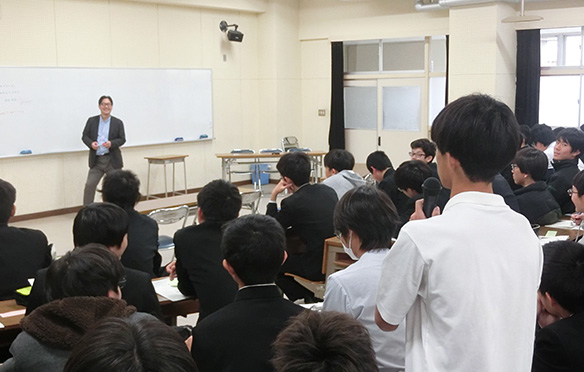

Comments from Nishimura & Asahi lawyers who spoke during the classes
"It was a very engaging 110-minute class. I think the students learned the following three points: (i) assessment of facts and evaluations separately; (ii) even when faced with the same evidence, people's viewpoints (evaluations) vary depending on their positions; and (iii) obtaining new insight from each other through discussions. I hope they will remember these points in the future when they are faced with future choices."
Atsunaka Fukushima (Lawyer / Associate at Nishimura & Asahi)
"We used complex case studies, so we were a little concerned about whether the students could contribute to the discussions. However, they were able to apply the knowledge they learned in their regular classes and have lively group discussions. Regardless of whether the students major in the humanities or sciences, I hope the experience will help them to better understand social issues, and will also provide them with an opportunity to consider the role the law (and the legal profession) plays in such issues. Personally, it was a good memory for me to be able to teach classes to junior and senior high school students at my former school."
Kazuki Yoshii (Lawyer / Associate at Nishimura & Asahi)
"I joined the team in 2023 and was responsible for teaching second and third-year junior high school students. The students were engaged and made thoughtful contributions to the discussions, regardless of their primary interest in either the humanities or the sciences. Through the group discussions, I hope that I was able to convey the following messages: that every position has non-negotiable interests, that the law functions as a tool to impartially mediate these conflicting interests, that legal frameworks can be designed in a variety of ways, and that the presence of international stakeholders introduces further complexities to legal design."

Hibiki Kimura, Atsunaka Fukushima, Masaru Shibahara, Takeshi Nemoto
Members
Takeshi has handled many complex M&A transactions and provides sincere advice to his clients, has extensive experience in M&A-related disputes, and is well versed in the various issues facing companies with founding family shareholders. In recent years, he has been involved in many cases involving business and human rights, impact investing, etc., and advises companies from the perspective of sustainability. He is also actively involved in pro bono work and is one of the most experienced lawyers in Japan.

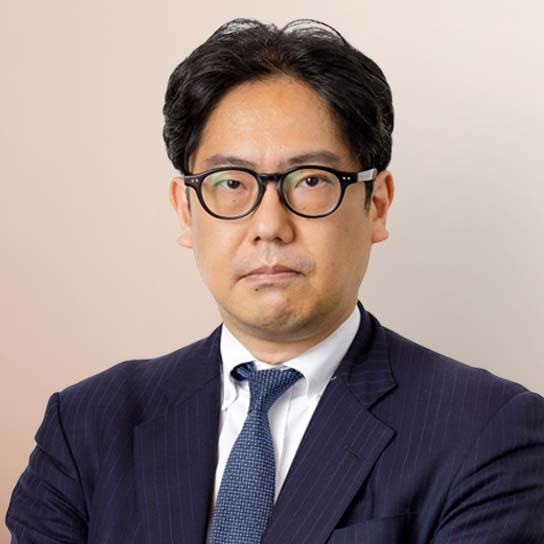
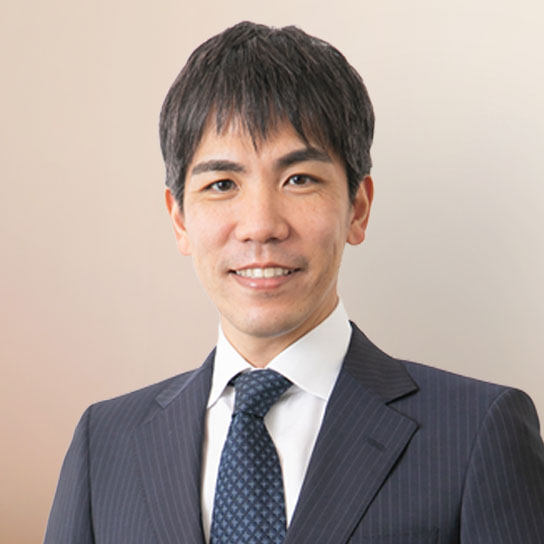
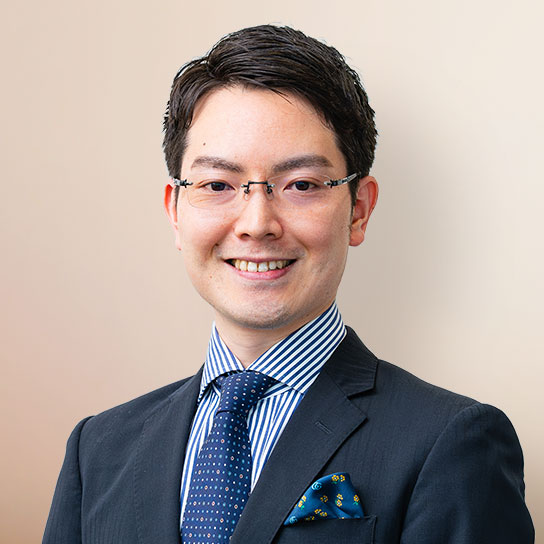
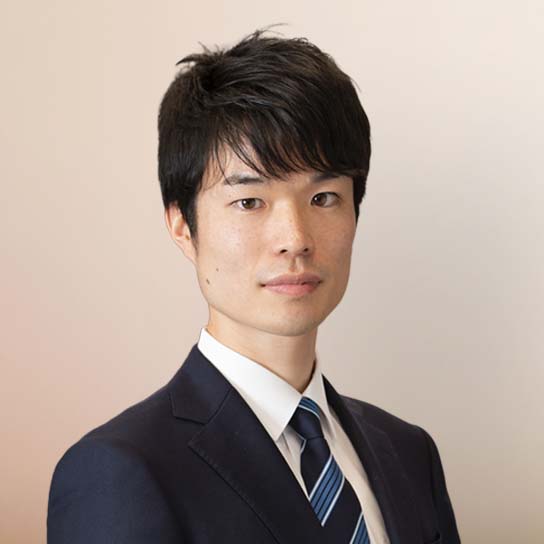
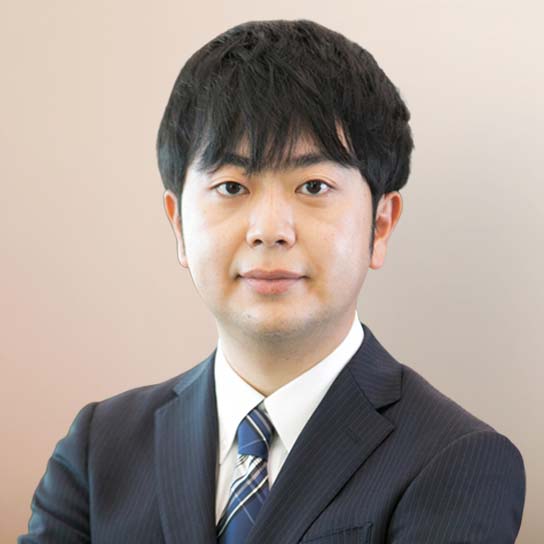
Based on more than 80 corporate rehabilitation and bankruptcy cases, Masaru has worked on M&A, financing, and communication with financial institutions in private liquidations from a multifaceted perspective. In addition to the above, he has also focused on business succession cases involving a wide range of conflicts of interest (e.g., drafting family charters) and handled multiple litigation matters based on the industry environment and economic realities of the client and its clients.